By Amit Roy
THE first thing that needs to be emphasised when discussing whether the public have a right to film the police – the French government tried to bring in a controversial law that would have banned this practice – is all over the world, brave officers are called upon to lay down their lives for the safety of society. We witnessed that during the Mumbai massacre of 2008.
That said, too many people – especially black people – are beaten up by police. The whole Black Lives Matter movement spilled over from Minneapolis in the US and raged across the world after a white police officer killed black American George Floyd by pressing his knee on the neck of the arrested man for “eight minutes and 46 seconds”. Without the incriminating mobile film footage, the police would have got away with it – as they have so often in the past.
In France, there was a recent case in which four police officers were caught on CCTV beating up Michel Zecler, a black music producer, in Paris. “I was lucky enough to have videos,” Zecler said later.
Faced with protests from the media and human rights groups, the French government appears to be having second thoughts about seeking to give police “additional protection” by making it an offence to film them, punishable by a year in prison and a €45,000 (£40,585) fine.
In India, torture and deaths in custody are so common that members of the public, especially from the most vulnerable sections of society, are fearful of taking their complaints to police stations.
The police, given additional powers during lockdown, have abused their authority. In Tamil Nadu, for example, a father and son, Jeyaraj, 59, and Benniks, 31, were beaten to death and their cell walls left splattered with blood by policemen who “wanted to teach them a lesson” for allegedly violating the coronavirus lockdown in June.
India’s Supreme Court has now issued a landmark ruling that security cameras should be installed in police stations and offices of investigating agencies which conduct interrogations and have power of arrest. These include the Central Bureau of Investigation, the National Investigation Agency and the Enforcement Directorate.
“Most of these agencies carry out interrogation in their office(s), so CCTVs shall be compulsorily installed in all offices where such interrogation and holding of accused takes place in the same manner as it would in a police station,” the judges said. “These cameras must be installed at entry and exit points of the police station, lock-ups, corridors, lobbies, reception area, rooms of the sub-inspector and inspector, reception and outside washrooms.”
In a series of incidents in 1979 and 1980 in Bhagalpur in the state of Bihar, police blinded 31 individuals under trial (or convicted criminals, according to some versions) by pouring acid into their eyes. This shameful episode became infamous as “the Bhagalpur blindings”.
The Supreme Court ruling shows that police brutality still remains a major problem. However, the mobile phone camera, which can help the police as well as hold them to account, is here to stay.





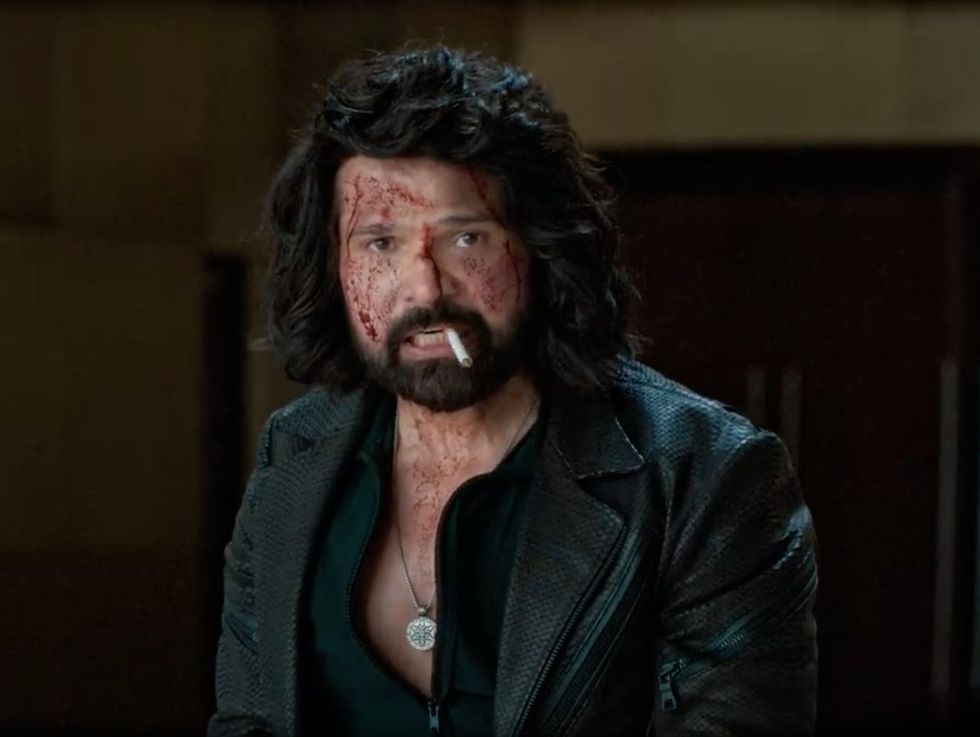 Reshammiya in Badass Ravi Kumar
Reshammiya in Badass Ravi Kumar











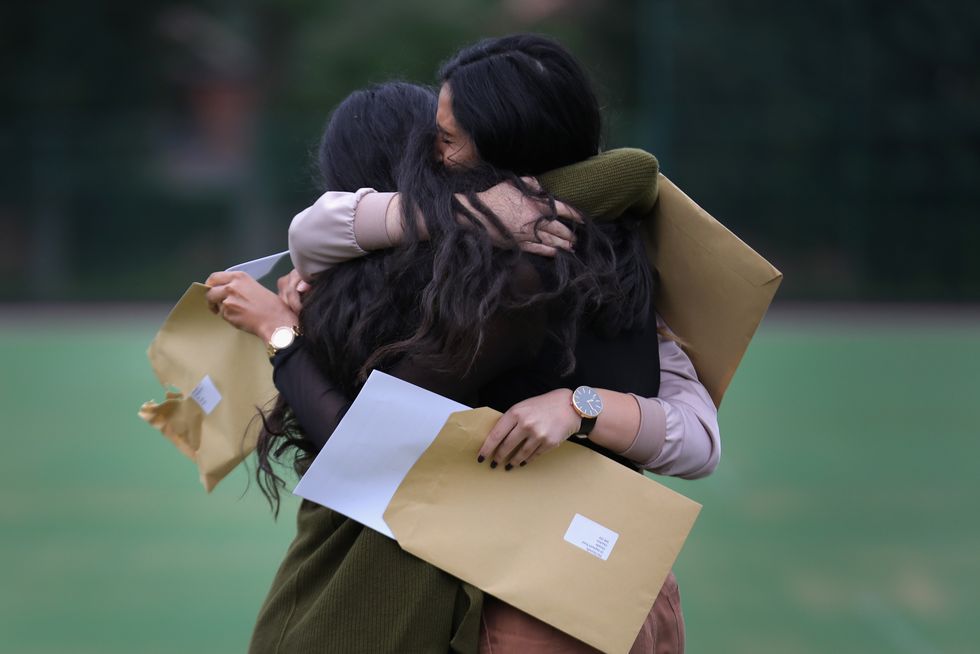 Private schools have been impacted by the 20 per cent VAT imposed on them
Private schools have been impacted by the 20 per cent VAT imposed on them
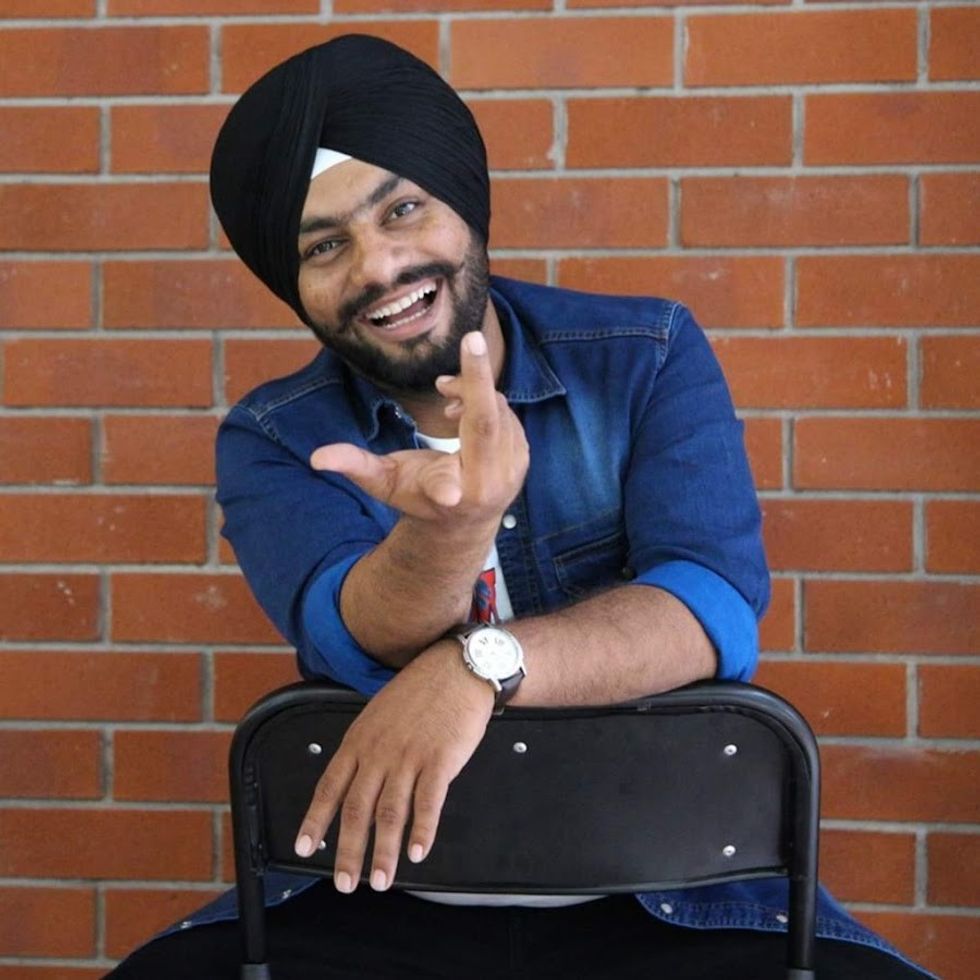 Manpreet Singh
Manpreet Singh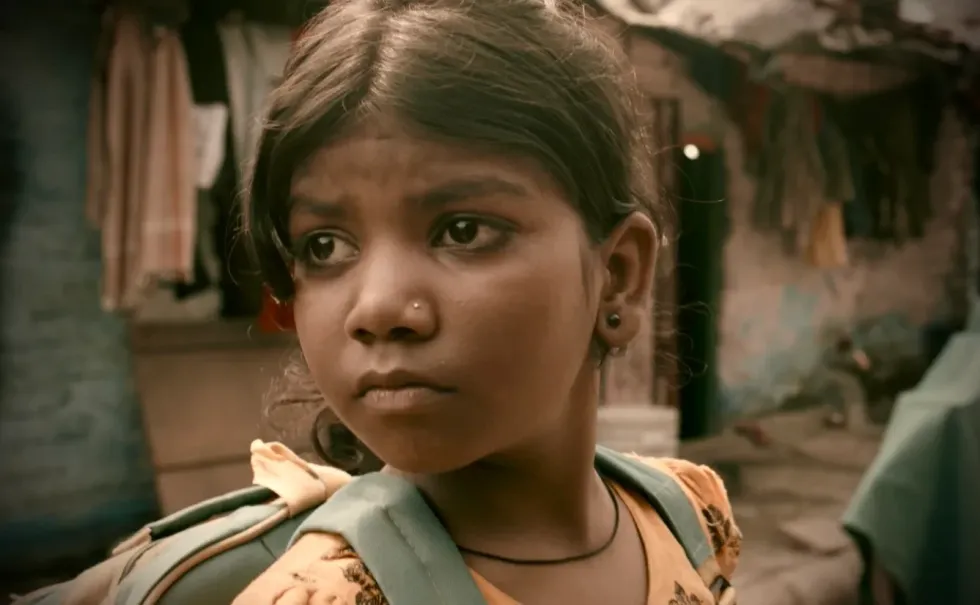 Anuja
Anuja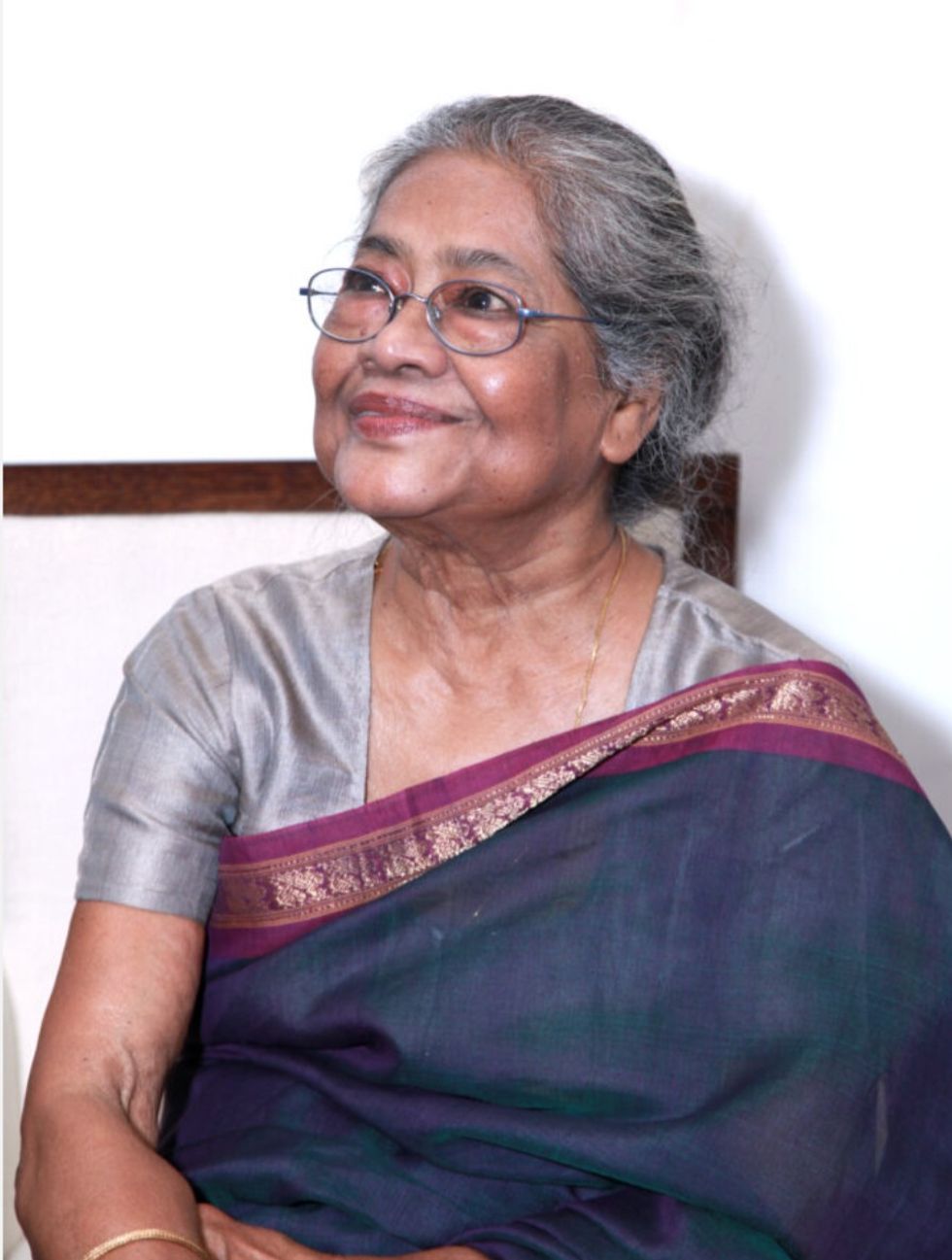 Arpita Singh
Arpita Singh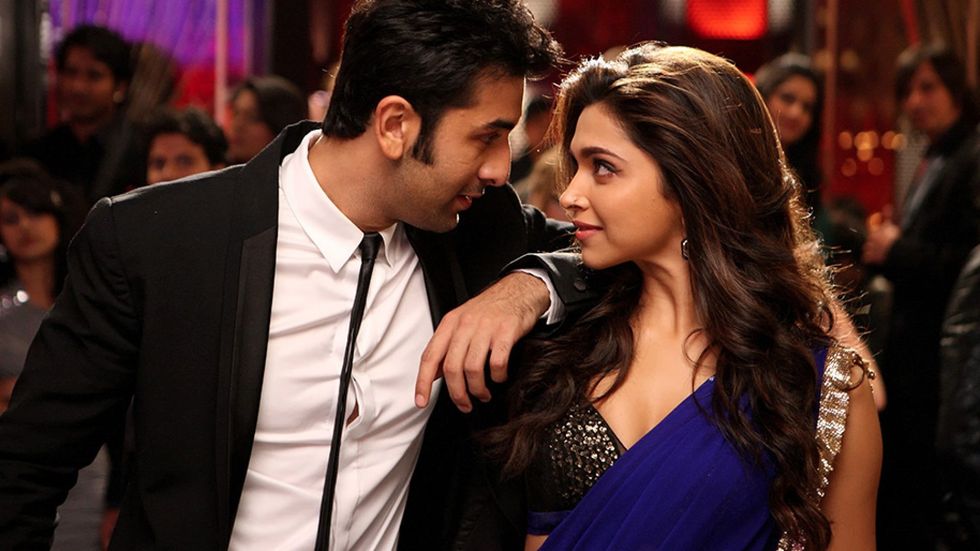 Yeh Jawaani Hai Deewani
Yeh Jawaani Hai Deewani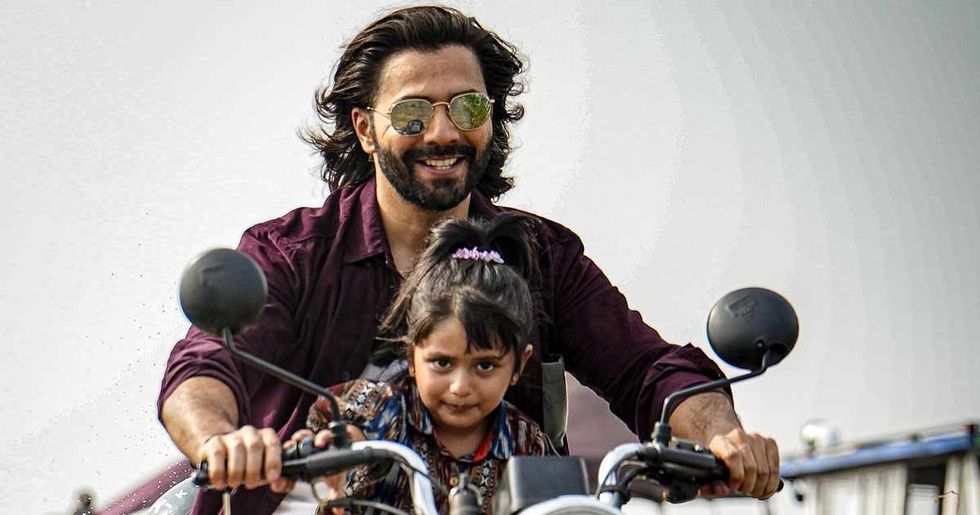 Baby John
Baby John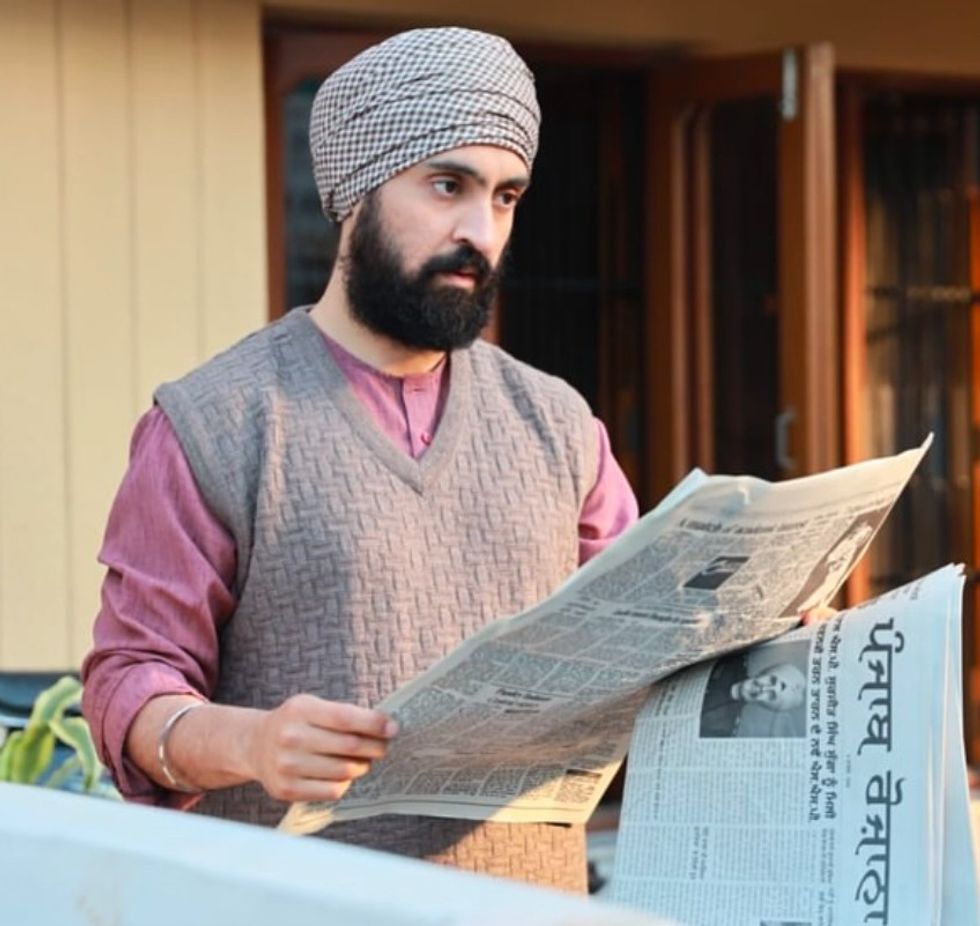 Punjab 95
Punjab 95 Karan Veer Mehra
Karan Veer Mehra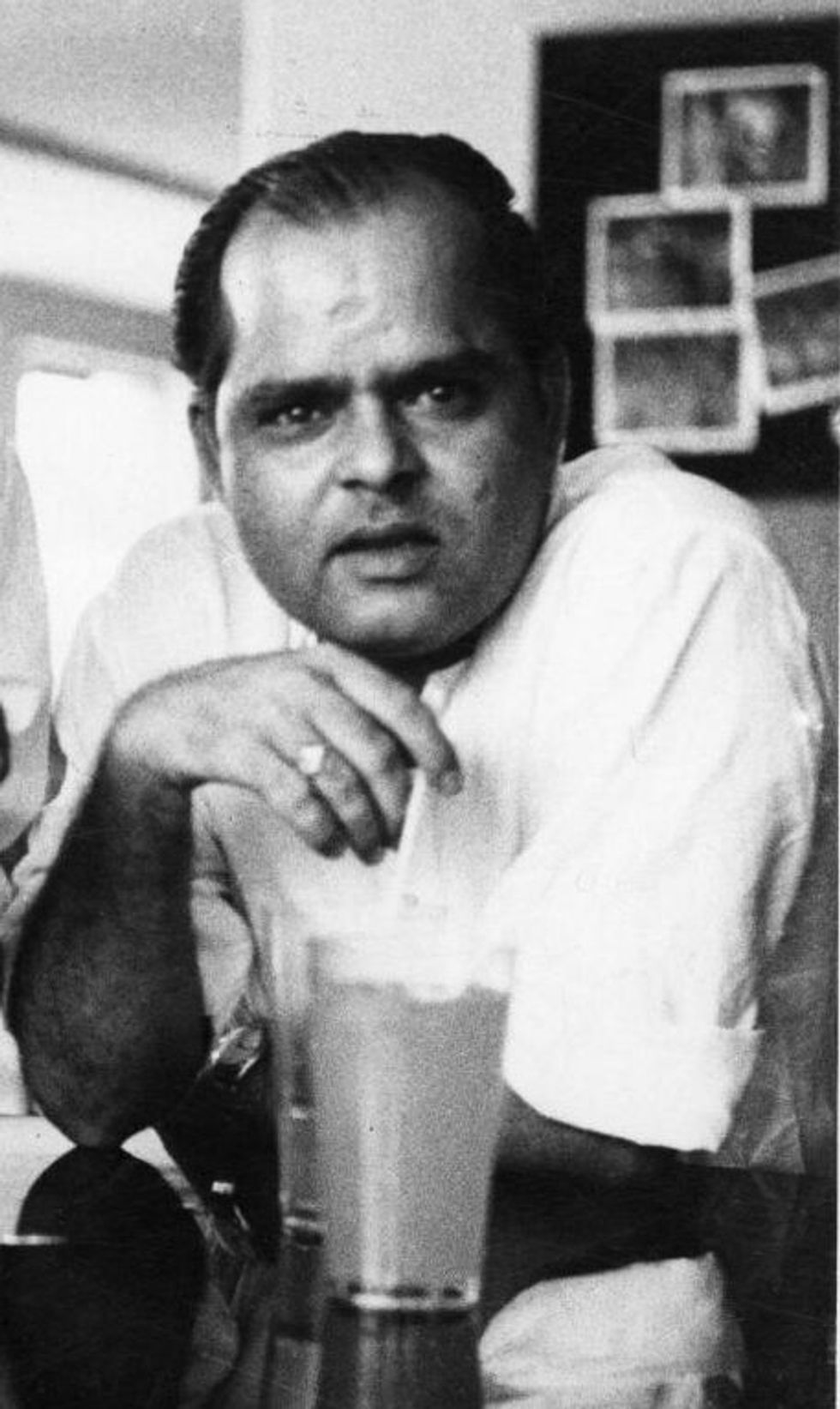 Roshan
Roshan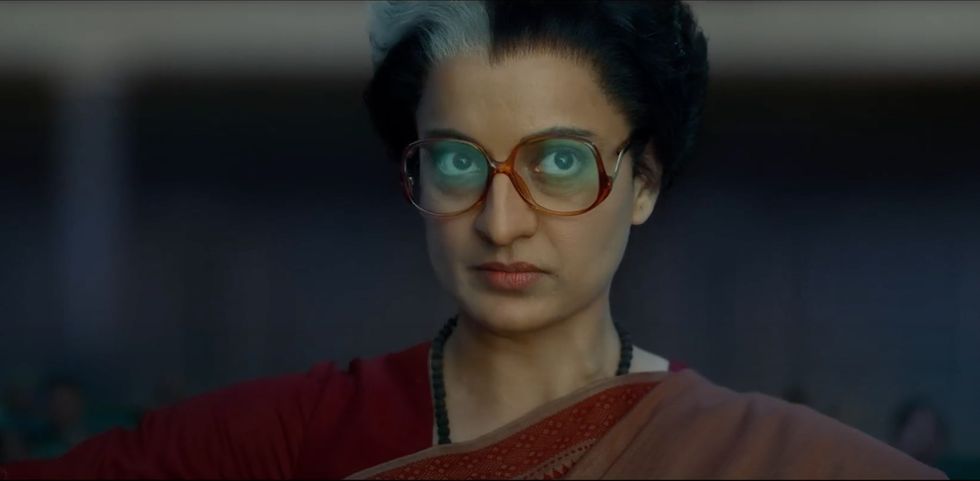 Emergency
Emergency
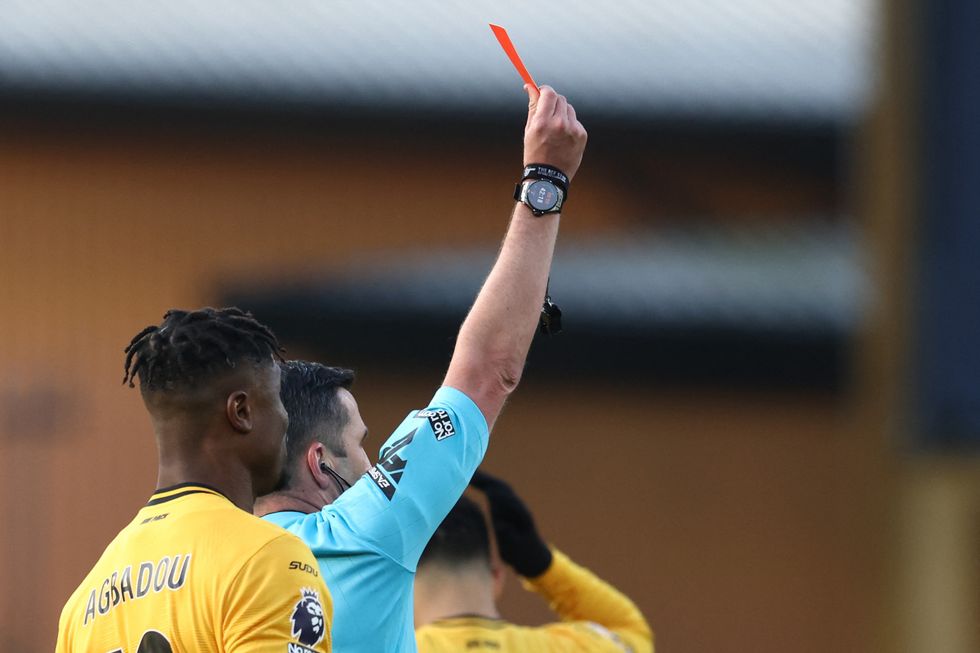

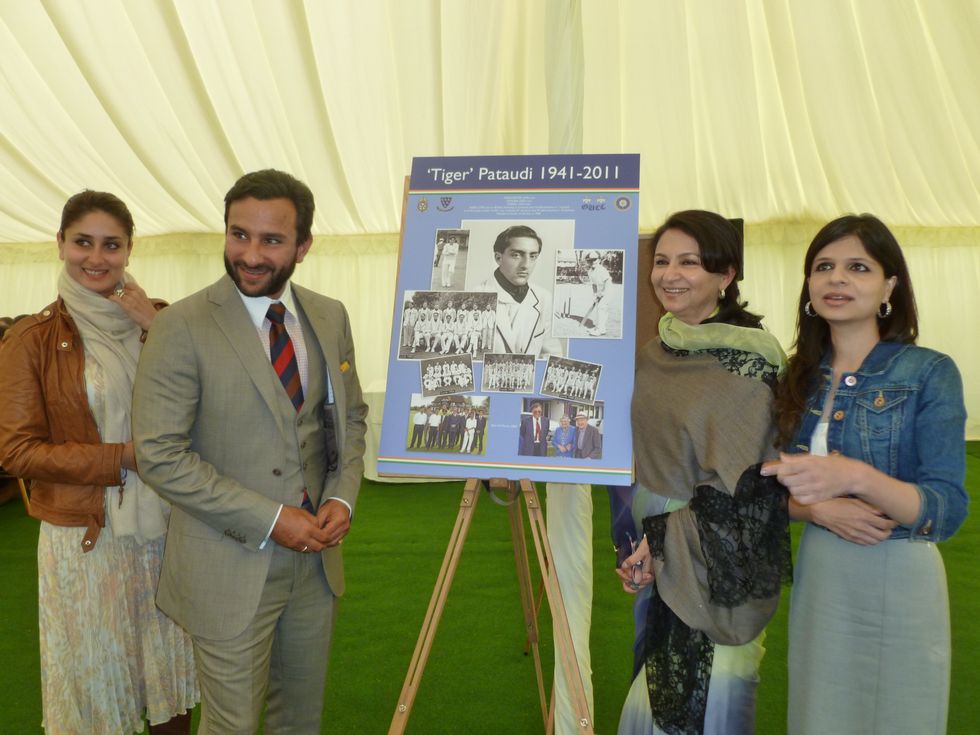 The actor with Kareena Kapoor, Sharmila Tagore and Saba Ali Khan
The actor with Kareena Kapoor, Sharmila Tagore and Saba Ali Khan Sharmila Tagore, Saba Ali Khan, Lord Jeffrey Archer, Soha Ali Khan, Saif Ali Khan and Kareena Kapoor at a 2013 event
Sharmila Tagore, Saba Ali Khan, Lord Jeffrey Archer, Soha Ali Khan, Saif Ali Khan and Kareena Kapoor at a 2013 event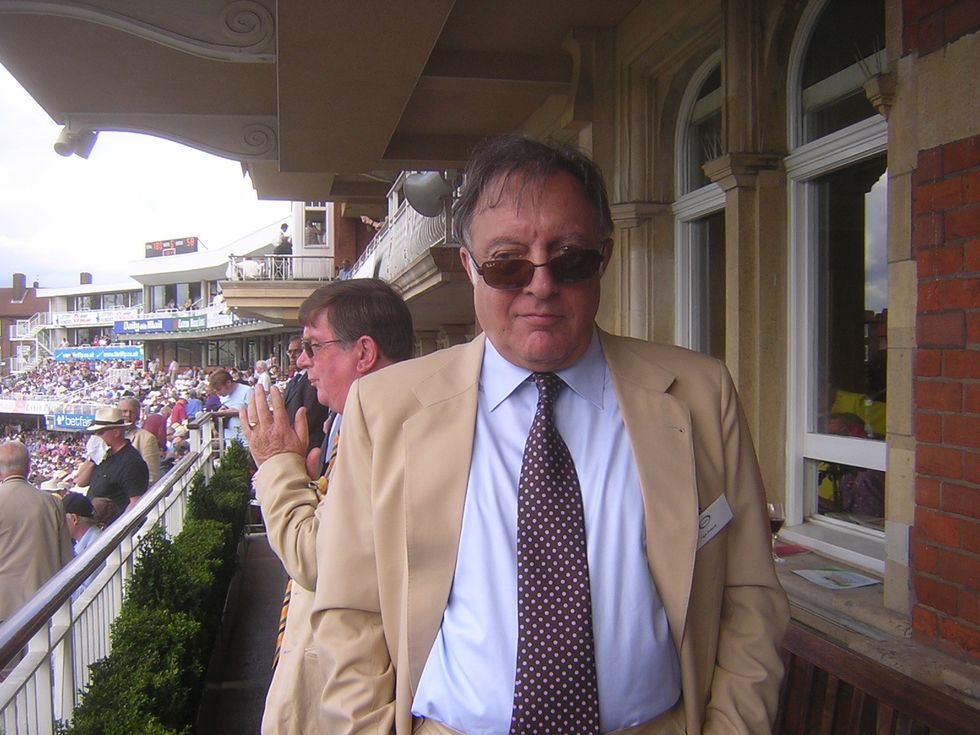 Saif's father, Nawab of Pataudi, Mansur Ali Khan
Saif's father, Nawab of Pataudi, Mansur Ali Khan